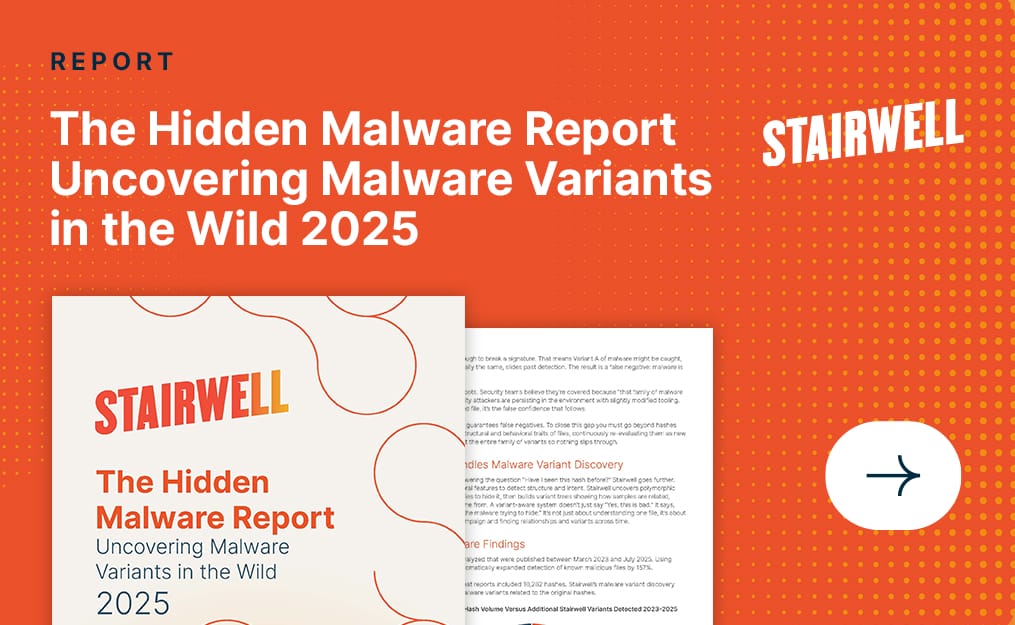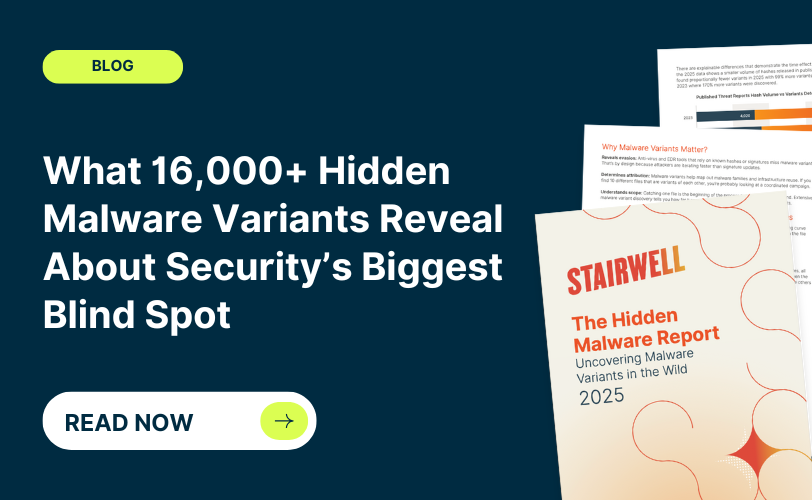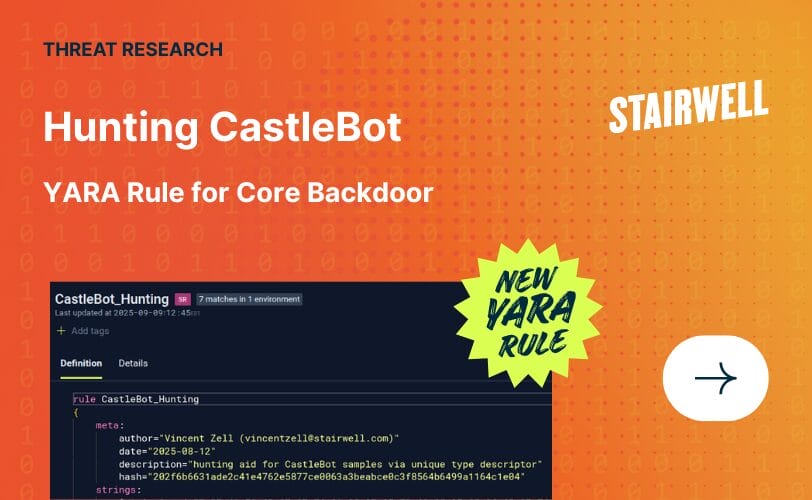Future-proofing your AI security strategy
What would you do if you stumbled upon Bill Gates’ credit card on the sidewalk? Let’s set aside the ethical implications for a moment and think about the possibilities of using a billionaire’s near limitless funds.
Now, imagine that it’s a different Bill Gates—one who has never even been near Redmond, Washington. The chances of getting caught committing credit card fraud would largely depend on what you decided to purchase. A lavish expense on Microsoft Bill’s card might fly under the radar, but for the other Bill, that’s another story. Why? Because both individuals have established unique spending patterns, which create a dataset that helps banks flag any anomalies.
This principle is crucial in cybersecurity as well. Security professionals are on the lookout for anomalies, these days going to great lengths, with a growing list of tools and teams to detect suspicious behaviors based on established norms. However, cybercriminals are getting smarter, finding new ways to disguise their activity, and outsmart traditional security measures.
You may often hear that AI is the solution to all these problems. Just slap some AI on it, and everything’s fixed, right? While AI is indeed improving workflow, speed, and efficiency in threat detection for us at Stairwell, it’s important to remember that it’s just one tool in a much larger toolbox. And the bad guys have access to those tools, too.
When I think about effectively applying AI strategies in the future, I focus on data—because, fundamentally, security is a data problem rather than a problem to be solved on an endpoint (which is how much of our industry sees it today). And, because traditional security tools are catching some threats, but not all of them, companies are struggling to get the definitive answers they need. Or worse yet, they have a false sense of security because they have blind trust in their tools.
The collection and preservation of data in security is the lion’s share of the challenge. To make AI work for defense, we need to create personalized patterns similar to those credit card examples and apply them to a broader dataset of threats—preferably in a way that remains hidden from potential attackers. Future-proofing your AI strategy starts with the files on our systems.
The challenges of AI in security—and the limitations of traditional security tools—are exactly why I started Stairwell. I wanted a way to store and analyze a snapshot of all the relevant executable files and artifacts in an environment that remains undetectable to malicious actors. My goal was to cut through the noise created by traditional tools and quickly understand what was happening on my systems now or at any point in the past.
To kick off your AI journey, you need to start storing and collecting your data today so you have the foundation you need to build personalized models tomorrow. By storing a copy of your files for the long term, you’ll have the opportunity to build a model that’s totally tailored to your company, not just using the same generic data that everyone else is using. You’ll be turning your unique footprint into a trap no attacker can evade, because you are unlike any other.
The potential of AI is vast, and to truly benefit from it, you need to start building your model today. In my view, this means preserving your files indefinitely so you can search them at scale—just like we do at Stairwell.
Think about Google. In the late ’90s, they began crawling the entire internet, storing it, and indexing it. At the time, no one could have imagined how that data would eventually power tools like Google Maps and Google Ads. But without that foundation, those innovations would never have come to life. The same opportunity exists now. By ensuring your data is preserved today, you’re not just protecting your business—you’re preparing for the breakthroughs of tomorrow.
As we look ahead, the future of AI and its impact on the security industry is still unfolding. While we can’t predict exactly where it will take us, one thing is clear: preserving your files today gives you a significant advantage for tomorrow.



